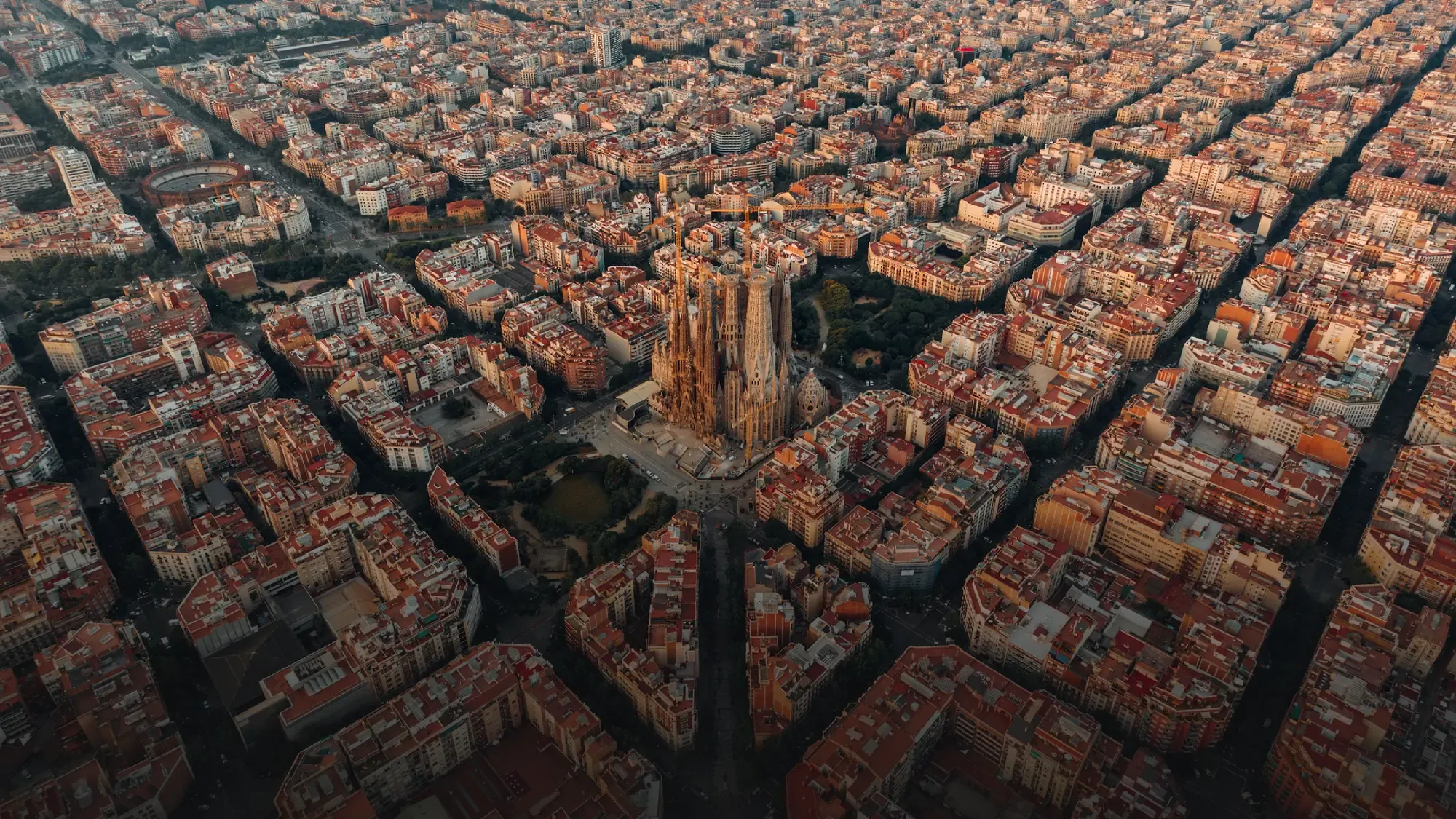UGPplus
Enhanced Urban Greening Plans for Biodiversity Mainstreaming in Society

UGPplus is a Horizon Europe project coordinated by the Department of Design investigating how to support the implementation of the EU Nature Restoration Law through the development of Urban Greening Plans (recently renamed Urban Nature Plans).
With the contribution of partners from various fields such as urban studies, design, ecology, natural sciences, economics and politics, and from five cities: Barcelona, Paris, Belgrade, Burgas and Mannheim, the project aims to investigate processes and activities that link biodiversity mainstreaming, climate change and urban development and co-creation processes.
In this context, the project considers three fundamental aspects:
- The promotion of bottom-up initiatives, particularly led by cities and communities, that can effectively complement national sustainable development plans and green growth strategies at the national level.
- The implementation and improvement of appropriate methodologies and capacity-building programmes in order to actively involve all societal stakeholders, with a focus on market operators, citizens and local government actors, to undertake coordinated actions aimed at restoring the most compromised elements of natural environments.
- An ongoing effort to promote nature-based solutions by identifying links and bridging gaps between biodiversity conservation and social, economic and technological challenges.
The role of the Department of Design
Department of Design researchers, in addition to being the project coordinators, are also actively involved in Work Package 3, called Developing the UGPplus Framework, which has three main objectives.
First, the development of an action-oriented general framework (Spatial Planning Scheme - SPS) to support urban planning in the development of biodiversity and climate-resilient activities and projects, facilitating the implementation of UGPs as operational plans. The design of the SPS aims to systematically integrate urban greenery into the planning procedures of cities in Europe. The idea is to create a model that answers the question of how Urban Greening Plans can be effectively included in existing planning contexts and systems. This model will include detailed descriptions of decision-making processes, analyses of obstacles, innovative planning methods and strategic recommendations.
The second objective deals with the improvement of the UGP process by incorporating the learnings from the different work packages and experiences of the cities within the project, creating a guide and toolkit that enhances the experiences and integration of UGPs into a more operational vision of UGPplus. In this activity, the partners involved in WP3 will explore the potential of UGPs to address specific territorial challenges and to implement green infrastructure in regional policies. To do this, the project will collaborate with the Barcelona Regional Agencia del DesenvolupamentUrbà, analyzing synergies and trade-offs between local and regional levels, and assessing how regional strategies can effectively support local ones.
A final key objective of the project is to assess the potential for replication of UGPplus on a wider European scale. In this respect, the project is also committed to improving the process of current UGPs. A roadmap for regional integration and connectivity will be developed based on existing best practices and previous results. This will include the development of guidelines for transformation pathways and an update of the guidance document on UGPs, focusing on the principle of leaving no actor behind.
The Work Package under the Department of Design focuses on the (co)design and (co)development of a replicable framework for cities and urban areas across Europe to identify pathways, shared long-term visions, integrated policy strategies and action plans (with responsibilities, timeframes and funding) to achieve the urban ecosystem restoration objectives of the forthcoming EU regulation on renaturation and nature restoration. This Work Package will help cities and the various actors involved to manage ecological restoration processes effectively and efficiently. The objective is to improve understanding of how different ecological restoration actions can be better integrated into existing strategies, development plans and public policies, thus supporting institutional innovation. The project will focus both on improving existing solutions and on more radical innovation, either by developing new processes and tools or by combining both approaches.
The UGPplus framework will include the improved process, mapping and evaluation of methods and tools to support its steps and guidelines for cities with:
- Combinations of cost-effective solutions to co-implement strategies and co-monitor their implementation. Here, to improve ecological and human connectivity in GreenBlue infrastructures, WP3 will develop simple and accessible methods using open-source data and software. The aim is to create low-cost tools that can be used to assess the connectivity of green spaces and their accessibility for people, with a focus on vulnerable groups. The project will then test various scenarios to prioritize the expansion of green spaces and their interconnectedness in cities.
- Innovative solutions and governance models to systematically integrate strategies into public, private and community decision-making processes, such as public procurement, transport and climate policies, spatial regulations, land management decisions, market incentives, etc.
- The development of a practical guide for financing green infrastructure, creating collaborative business models and promoting job creation. This task aims to involve both the private sector and local communities, providing detailed guidelines and economic indicators to measure the impact of initiatives
This institutional innovation can affect many areas: for instance, spatial planning, technical know-how, strategic thinking, policy formulation, legal frameworks, governance at different organisational levels, financing and social innovation.
In sum, the research team of the Department of Design, led by Professor Alessandro Deserti, through the actions of Work Package 3, offers an integrated and innovative approach to improve the planning and implementation of urban green infrastructures across Europe, addressing spatial challenges and promoting the sustainability and well-being of urban communities.